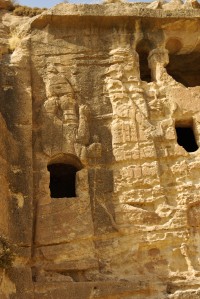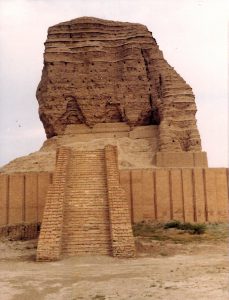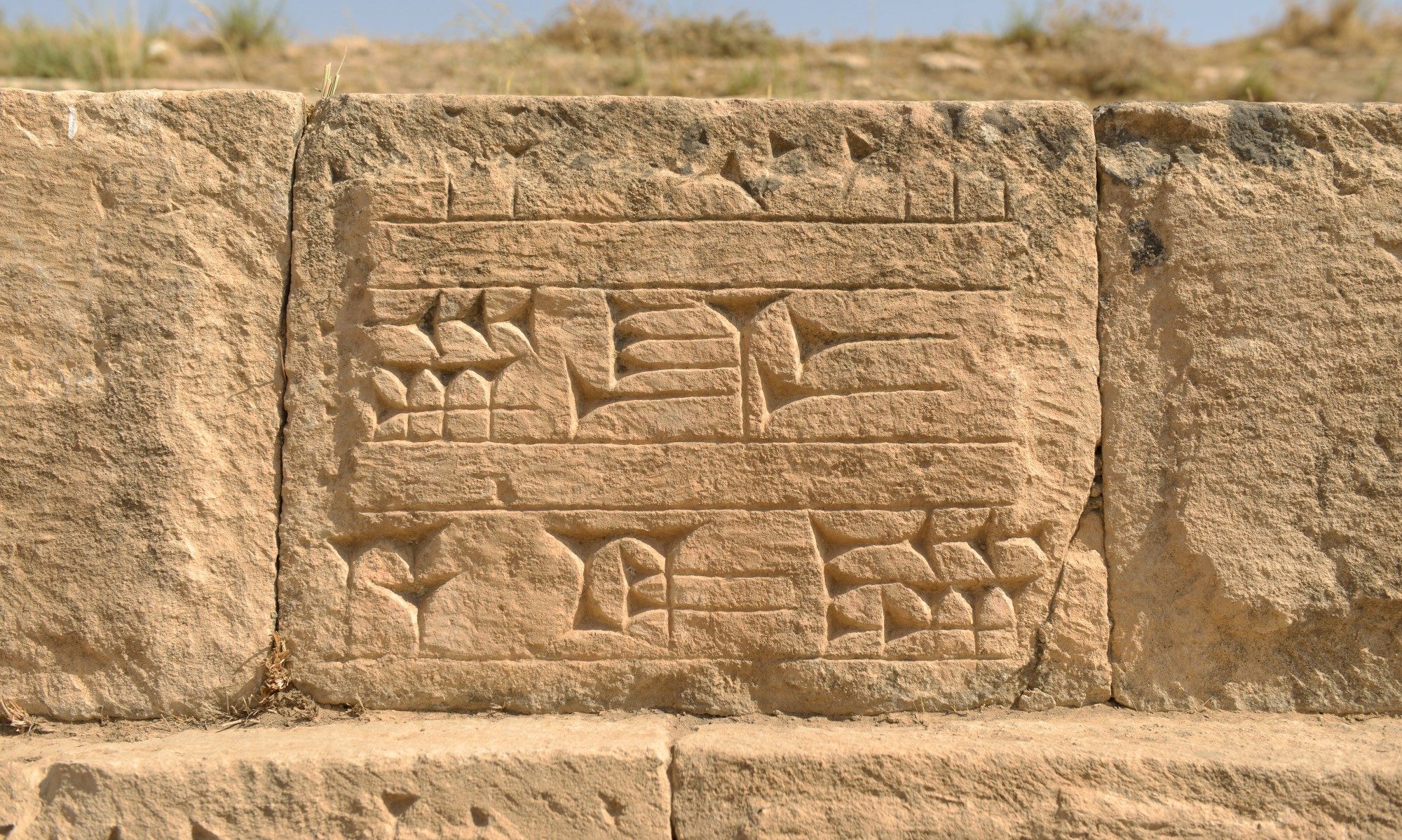The cultural heritage of Iraq: global importance and current state
Iraq hosts some of the most globally significant cultural heritage anywhere in the world. At the same time, the heritage of Iraq is currently under threat at a level not experienced for centuries. Often called ancient Mesopotamia, or the Land between the Rivers, the land of Iraq is shaped by the two great rivers, Tigris and Euphrates, that flow from northwest to southeast across the land, joining in the south to form the Shatt al-‘Arab before reaching the head of the Persian Gulf. If Egypt is the gift of the Nile, then Mesopotamia is the gift of the Euphrates and Tigris, because human occupation of most of Iraq, from Baghdad south, is dependent on agriculture irrigated by the waters of these rivers.

Many major developments in human history first took place in Iraq, the eastern limb of the Fertile Crescent. As the distinguished Iraqi archaeologist, Behnam Abu Al-Soof said “anyone who can read and write or who tills the soil, anyone who cherishes religion, practices law, or studies the stars owes a silent thanks to those who pioneered along the Euphrates”. Amongst the most important of the thousands of archaeological sites in Iraq, we can highlight such places as:
Shanidar Cave, where Neanderthal hominins lived and buried their dead, ca. 100,000 years ago;
Bestansur and Jarmo, where initial steps were taken in the change from hunter-forager to farmer-villager lifestyles after the end of the Ice Age, from 10,000 years ago;
Uruk-Warka, arguably the world’s first city, where writing on clay tablets and cylinder seals were invented by 3200 BC, and where great temples were constructed to house the gods and goddesses;
Babylon, a major international city of the Bronze and Iron Ages, and home to Hammurabi the law-giver;
Nimrud, Ashur and Nineveh, three of the great capital cities of the Assyrian empire, all now threatened or severely damaged by criminal occupation;
Hatra, home of a rich, multi-ethnic desert kingdom;
Samarra, a huge Islamic city north of Baghdad, which stretches for kilometres along the Tigris.

Despite its wealth of archaeological sites, Iraq has only five cultural sites on the UNESCO World Heritage List: Ashur, Hatra, Samarra, Erbil Citadel and the Ahwar of Iraq. Of these sites, the first three are currently rated by UNESCO as World Heritage in Danger, meaning that there is a substantial and imminent threat to their integrity as sites of major cultural heritage significance. Of the 11 Iraqi sites on the UNESCO World Heritage Tentative List, at least two globally significant sites (the Assyrian capital cities of Nimrud and Nineveh) have been subjected to serious episodes of destruction by Daesh during their occupation of the Mosul region. The internationally important Mosul Museum has suffered severe depredations of its exhibitions and collections. Additionally, multiple cultural sites of importance to ethnic and religious groups of northern and western Iraq, including churches, shrines, mosques, minarets and tombs have been obliterated or severely damaged by Daesh in their attempt to eradicate the rich cultural and religious diversity that has always characterized this region of the Middle East.
Key websites
Homepage for the Iraq Museum and the State Board of Antiquities and Heritage
Homepage for Slemani Museum, Sulaimaniyah, Iraqi Kurdistan
Official UNESCO World Heritage site for Iraq
Details of damage inflicted on cultural sites of northern Iraq (and across the Syrian Republic) are collated in Weekly Reports and Special Reports produced by the American Schools of Oriental Research Cultural Heritage Initiatives
To assist in tracing and preventing trafficking in illicitly excavated and traded artifacts of cultural heritage, the International Council of Museums (ICOM) maintains an Emergency Red List of Iraqi Cultural Objects at Risk, with illustrated exemplars of the types of portable heritage likely to be illegally traded from Iraq.


